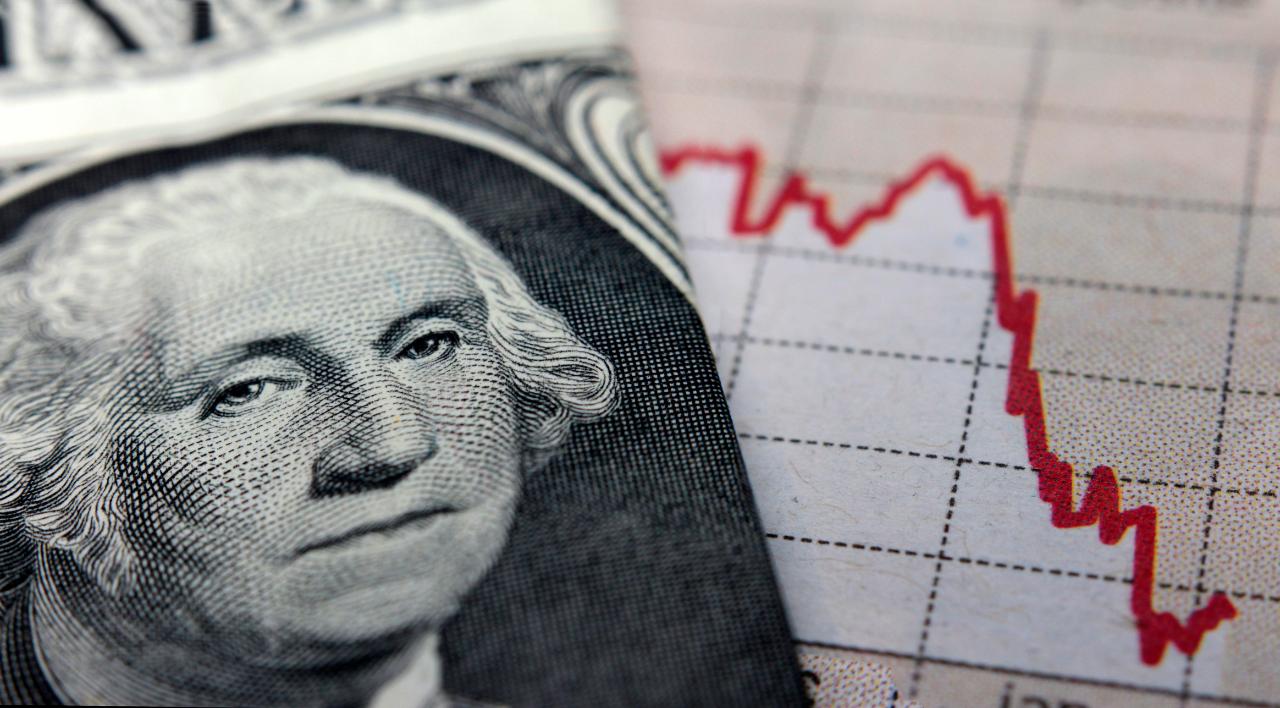What happens during an economic recession?
Financial markets take a hit, unemployment rises in periods of no economic growth
Although the U.S. is in the midst of the longest economic expansion on record, recession fears have grown in recent weeks with the emergence of the fast-spreading coronavirus.
To be loosely defined as a recession, a country needs two consecutive quarters of declines in real GDP, the broadest gauge of growth. The National Bureau of Economic Research, a private organization of economists, describes it as “significant decline in economic activity spread across the economy, lasting more than a few months, normally visible in real GDP, real income, employment, industrial production, and wholesale-retail sales.”
On average, recessions since the end of World War II have ranged anywhere from six months to 16 months, for an average of about 11 months, according to NBER data. At 18 months, the 2008 financial crisis was an anomaly.
HOW LONG DOES A RECESSION LAST?
While what happens during a recession generally depends on its severity, it’s likely that jobs will disappear. Unemployment, a telltale sign of economic growth, will rise as workers are laid off.
The largest monthly decline in employment in the last 10 recessions, excluding the financial crisis, was 2.6 percent on average, Moody’s chief economist Mark Zandi told USA Today. Manufacturing and related industries, and jobs that spend on discretionary spending like leisure, hospitality and retail, tend to account for the biggest losses.
WHAT TRIGGERS AN ECONOMIC RECESSION?
Other industries that may see their payrolls shrink include construction, tech, media and entertainment.
On the other hand, jobs in health care, professional services like legal and account, government and education will better withstand a recession.
Stocks also tend to tank during periods of slow economic growth. When economic activity cools, spending declines, profits are reduced and share prices fall. Historically, it bottoms out about six months after the start of a recession.




















